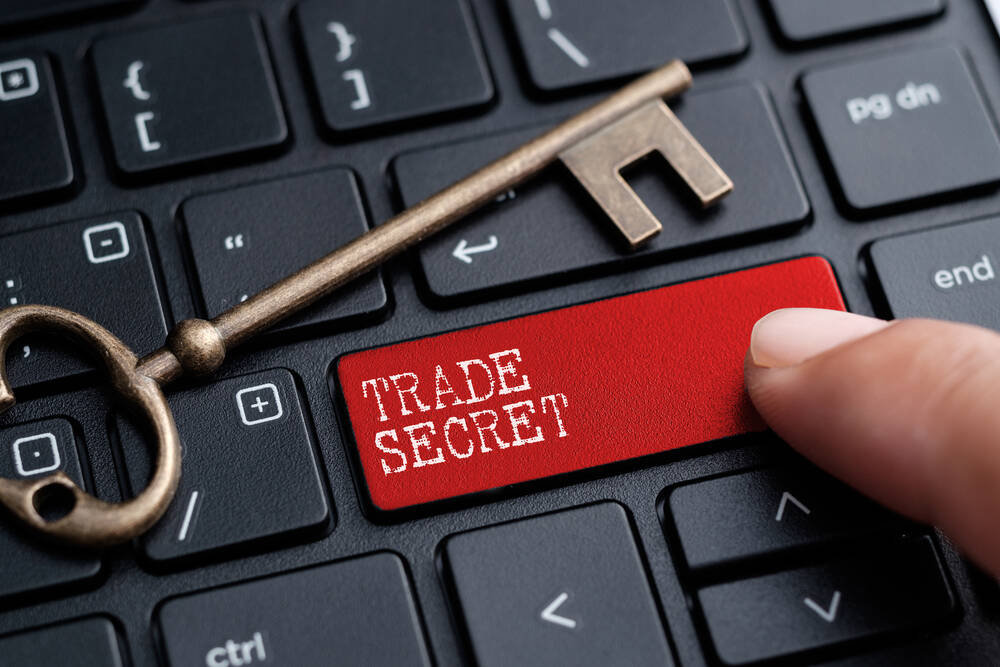Cisco To Face Trial Over Trade Secrets Theft, NDA Breach Claims After Losing Attempt To Swat Leadfactors Lawsuit

Cisco will face trial in a long-running case over claims that it stole trade secrets from an enterprise collaboration startup, a US judge has ruled.
As per the October 18 order by Judge Sunil Kulkarni at the Superior Court of California, County of Santa Clara, Switchzilla lost its attempt to have the lawsuit dismissed, meaning the case will – barring some unforseen circumstances, proceed to trial.
Leadfactors LLC sued Cisco claiming Cisco's collaboration Quad platform was built using trade secrets that Leadfactors owned. It bought the intellectual property from a bank after company founder Puneet Gupta's previous venture, ConnectBeam, failed – allegedly because of Cisco's actions.
Cisco had allegedly signed an NDA with ConnectBeam in "late 2007 or early 2008," having contacted the startup to "learn more about its products." The product was described by the court papers as an "integrated social software platform" that combined "social bookmarking, tagging, social networking, expertise location and live profiles, along with social search."
After obtaining a proof-of-concept build from ConnectBeam, Cisco stopped talking to the startup in 2009, according to particulars of claim summarised by Judge Kulkarni in his judgment [PDF]. Deprived of its biggest customer, ConnectBeam promptly collapsed.
"Leadfactors alleges on information and belief that this was because Cisco built its own competing product using ConnectBeam's trade secrets, confidential information, and/or derivative technology," said the judgment.
- Supply chain pain: Cisco's base price structure moving north from November
- Former Cisco exec jailed for fraud, dodging taxes
- Got a cheap Cisco router in your home office? If it's one of these, there's an exposed RCE hole you need to plug
- Time for a 'great experiment' says Cisco as it lets team leaders set place of work
Gupta used another firm he owned called Leadfactors to buy back ConnectBeam's IP from the failed business's bank. The bank had effectively mortgaged them to ConnectBeam, retaining ownership when that firm defaulted on its loans.
In June 2010, Gupta attended a Cisco conference and watched a demonstration of its Quad collaboration tool, noticing that it "had several features that embodied or were derived from ConnectBeam's trade secrets and confidential information." He sued in 2013, alleging misappropriation of trade secrets and breach of NDA.
Judge Kulkarni threw out Cisco's attempt at summary judgment, meaning a full trial will decide whether Leadfactors truly owned ConnectBeam's former IP and if it has the legal right to claim trade secret misappropriation. Cisco argued that between ConnectBeam's demise and Leadfactors' incorporation, Gupta unlawfully possessed the source code because at that time it belonged to the bank and not to him, arguing this prevented Leadfactors from suing.
The judge ruled that "possession of the source code that allegedly embodies the trade secrets is sufficient to establish standing to bring a trade secret misappropriation claim." ®
From Chip War To Cloud War: The Next Frontier In Global Tech Competition
The global chip war, characterized by intense competition among nations and corporations for supremacy in semiconductor ... Read more
The High Stakes Of Tech Regulation: Security Risks And Market Dynamics
The influence of tech giants in the global economy continues to grow, raising crucial questions about how to balance sec... Read more
The Tyranny Of Instagram Interiors: Why It's Time To Break Free From Algorithm-Driven Aesthetics
Instagram has become a dominant force in shaping interior design trends, offering a seemingly endless stream of inspirat... Read more
The Data Crunch In AI: Strategies For Sustainability
Exploring solutions to the imminent exhaustion of internet data for AI training.As the artificial intelligence (AI) indu... Read more
Google Abandons Four-Year Effort To Remove Cookies From Chrome Browser
After four years of dedicated effort, Google has decided to abandon its plan to remove third-party cookies from its Chro... Read more
LinkedIn Embraces AI And Gamification To Drive User Engagement And Revenue
In an effort to tackle slowing revenue growth and enhance user engagement, LinkedIn is turning to artificial intelligenc... Read more

